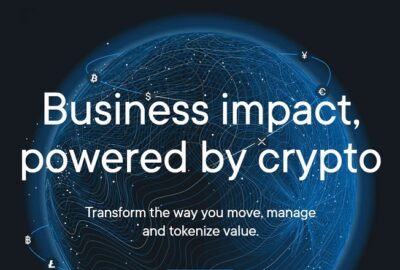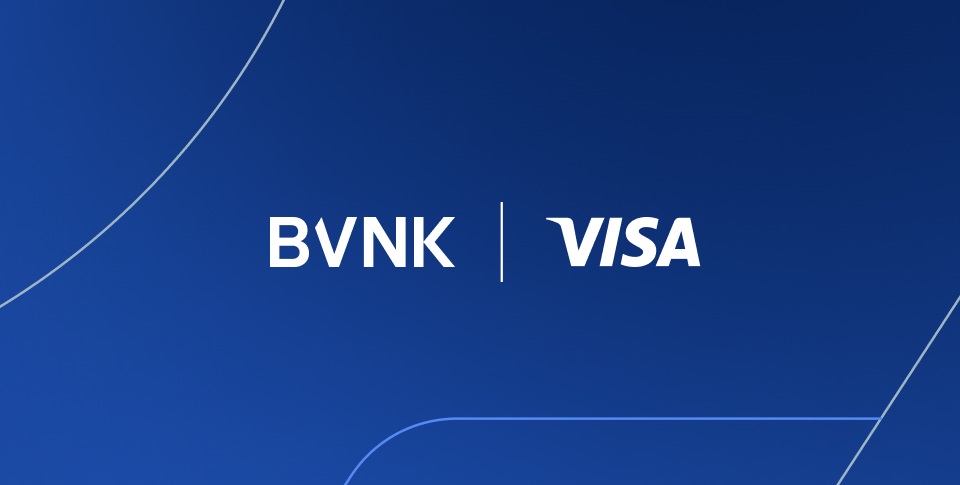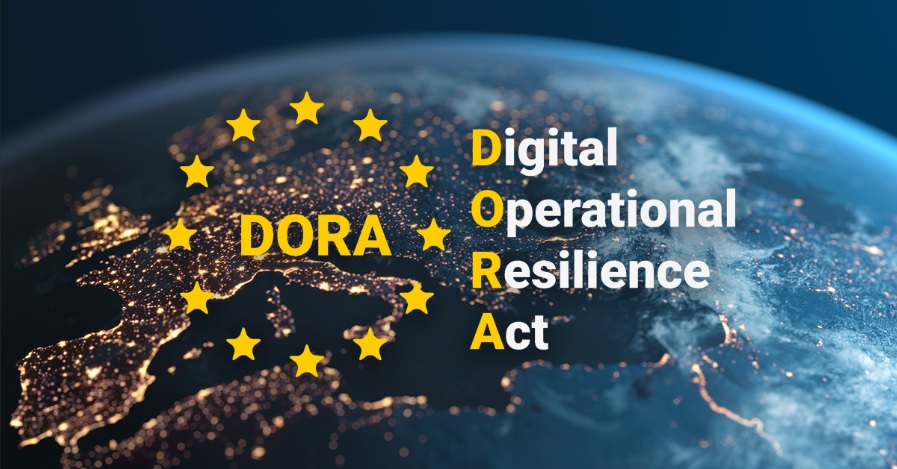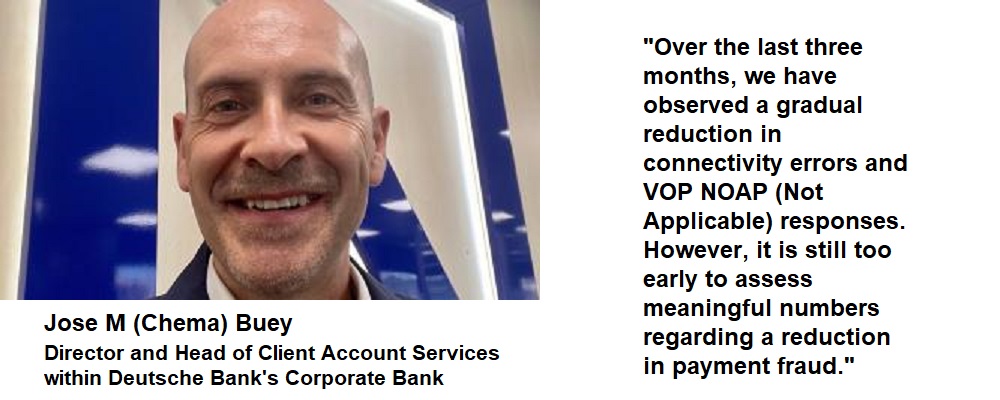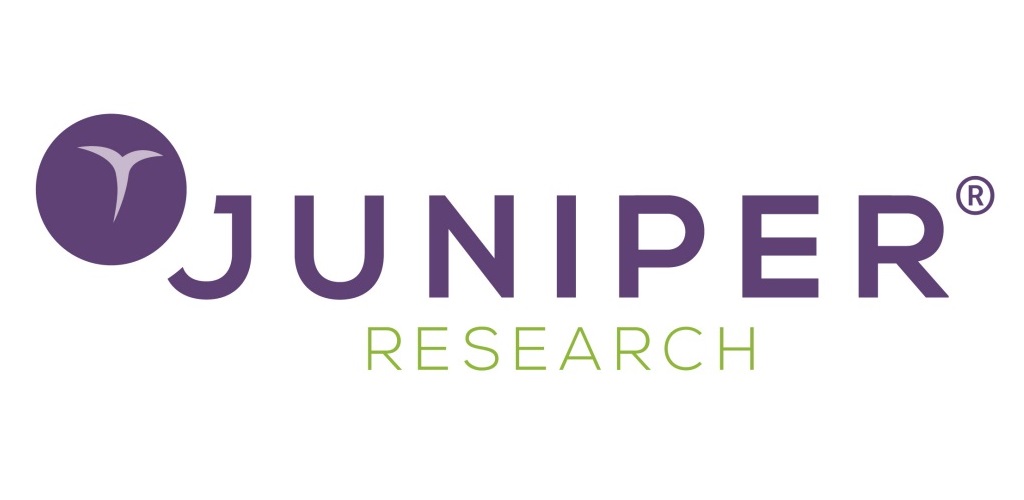Money Motion, the largest fintech conference in the CEE starts today
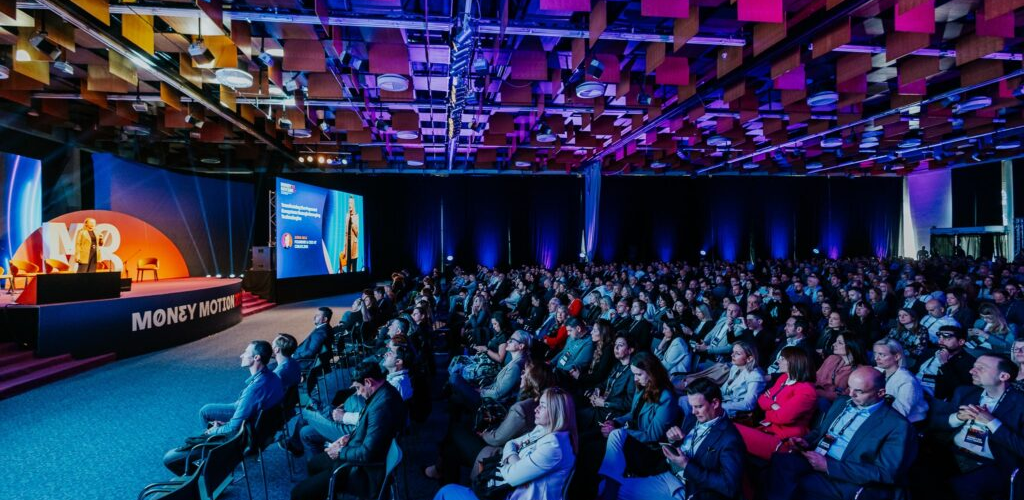
The largest business event in Central and Eastern Europe, bringing together experts, companies, academics, and enthusiasts in technological innovation within the financial industry, is taking place this week. For the third year in a row, Zagreb will become the center of the international FinTech scene, hosting over 2,500 attendees and representatives from more than 600 companies. NOCASH and the Romanian fintech delegation from Rofin.Tech are present to take part of the discussion on the tech industry future: from invisible payments and space travel, till self-resolving bills.
Money Motion, a conference initiated by five successful Croatian managers and entrepreneurs, will showcase global trends, experiences, and knowledge across four stages at the Zagreb Fair on this Thursday and Friday, March 27 and 28.
This year’s program features a range of current topics and discussions, further solidifying the conference’s status as the regional epicenter of innovation in the industry. Four thematic stages – Main Stage, Startup Stage, FinTech2030, and Expo Stage – will welcome over 100 experts from various global sectors, including finance, technology, regulation, investment, and related industries.
One of the most anticipated parts of the program is the traditional FinTech startup competition, featuring 20 startups this year. The top three teams will share prizes worth over €60,000. A major new addition to this year’s edition is the recently launched app, allowing attendees to personalize their agenda and easily schedule meetings with other participants.
In anticipation of Money Motion 2025 – organized in collaboration with leading regional brands in the industry such as Mastercard, Monri, ASEE, OTP banka, A1 Hrvatska, Croatia osiguranje, and LAQO – we sat down with the executives of our corporate leaders. They shared their vision of what our daily lives will look like 20 to 50 years from now and what we can expect in terms of industry development.
Bartosz Ciołkowski, Division President for Southeast Europe, Mastercard: “Financial inclusion as the standard of the global economy”
„The future of payments is not just digital – it’s immersive, intuitive, and invisible. As artificial intelligence becomes the backbone of financial systems and digital identities redefine trust, payments will seamlessly integrate into our daily lives, from the metaverse to smart cities. In this new world, the convergence of fintech, blockchain, and traditional banking will redefine value exchange, making financial inclusion not just a goal but a default standard of the global economy. At Mastercard, we are shaping this future by collaborating with leading industry partners to embed security and transparency into every layer of innovation – ensuring trust remains the foundation of the global payment ecosystem.”
Dejan Turk, CEO, A1 Hrvatska and Slovenia: “We have an opportunity to shape tomorrow”
„The future of everyday life will not only be defined by technological innovations but by how we use them to live more fulfilling, purposeful, and simplified lives. The world is changing rapidly, and we have the opportunity to shape a future where people have more time for what truly matters to them. Imagine a society where complexity is simplified – where bureaucracy becomes invisible, operating in the background; where healthcare systems predict and prevent diseases before they arise; and where cities adapt to the rhythm of their inhabitants rather than restricting them.
In telecommunications, user habits are undergoing a major transformation. Network speed and stability are no longer just technical parameters but prerequisites for a flexible lifestyle. People want to be connected anytime, anywhere, without limitations – whether working from a mountain cabin, joining meetings on the move, or streaming without interruptions. Personalization will become the standard – users will not adjust their habits to technology; rather, technology will learn from them and adapt to their needs. While technology can support this shift, the real change comes from us – how we think about work, education, ecology, health, and community. We are realizing that the future is not about how much we can achieve in the shortest time but how we can create a balance between efficiency and quality of life.„
Igor Gržalja, CEO, ASEE Hrvatska & Co-Founder of Money Motion: “AI that proactively solves our challenges”
„Fifty years is an almost unimaginable span in the tech world, and we can only guess what will exist then. What we do know is that trends in decentralized finance, significant advances in AI, and the integration of digital payments into everyday life will continue. In this world, AI will proactively manage personal finances based on user habits, optimize communication, analyze behaviors with greater precision, and provide real-time recommendations – making financial decision-making and management easier. At the same time, cybersecurity and biometric digital identities will become an integral reality, ensuring trust and protection in an increasingly complex digital ecosystem.”
Bojan Letica, Director of Product Development and Risk Management, Croatia osiguranje: “Insurance for space travel”
„Insurance is undergoing a radical transformation driven by artificial intelligence, big data analytics, and the growing demand for personalization and sustainability. While the core function of insurance – protection against risk – remains unchanged, the way this protection is provided is evolving. Already, digital platforms, IoT devices, and sensors enable dynamic premium adjustments and faster claims processing. Over the next decade, AI and predictive analytics will shift insurance from damage compensation to proactive risk prevention. Parametric insurance will automate payouts for climate events, while cyber policies will become the standard.
In the long-term, insurance will integrate seamlessly into everyday life – from smart cities to healthcare systems and new forms of risk. Looking 50 years ahead, insurance could expand into sectors not yet fully covered, such as space travel or deep-sea exploration. However, technology will not replace the key value – trust. Whether a policy is issued by a human or an algorithm, trust will remain the foundation of insurance.„
Dariusz Mazurkiewicz – CEO at BLIK Polish Payment Standard
Banking 4.0 – „how was the experience for you”
„To be honest I think that Sinaia, your conference, is much better then Davos.”
Many more interesting quotes in the video below:

